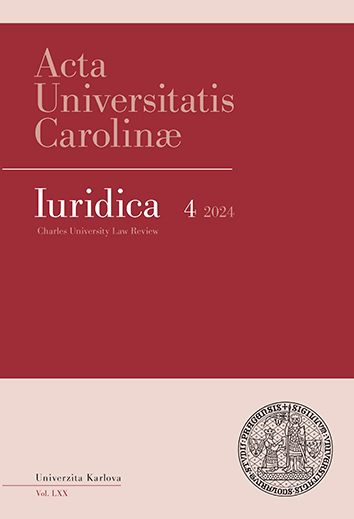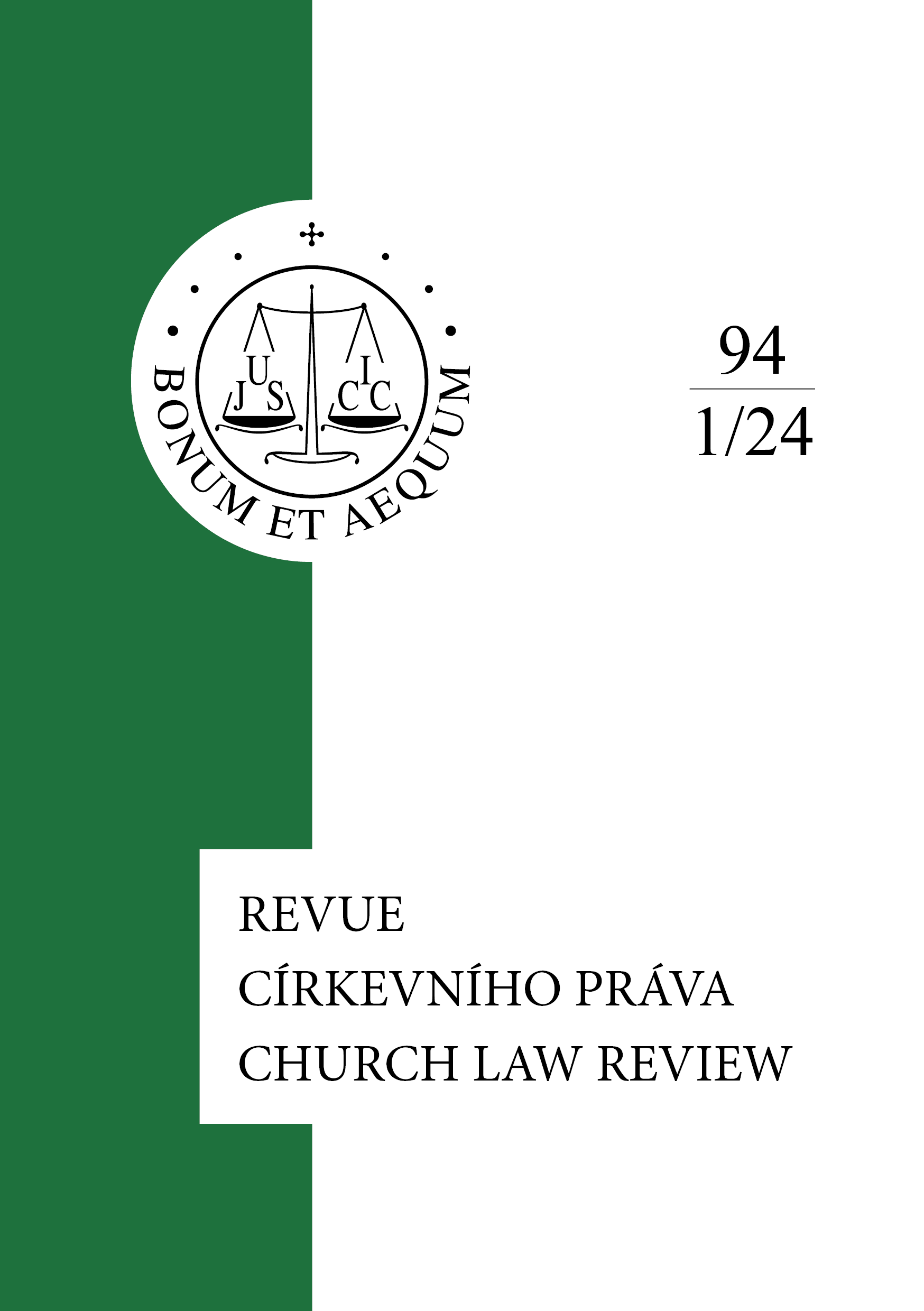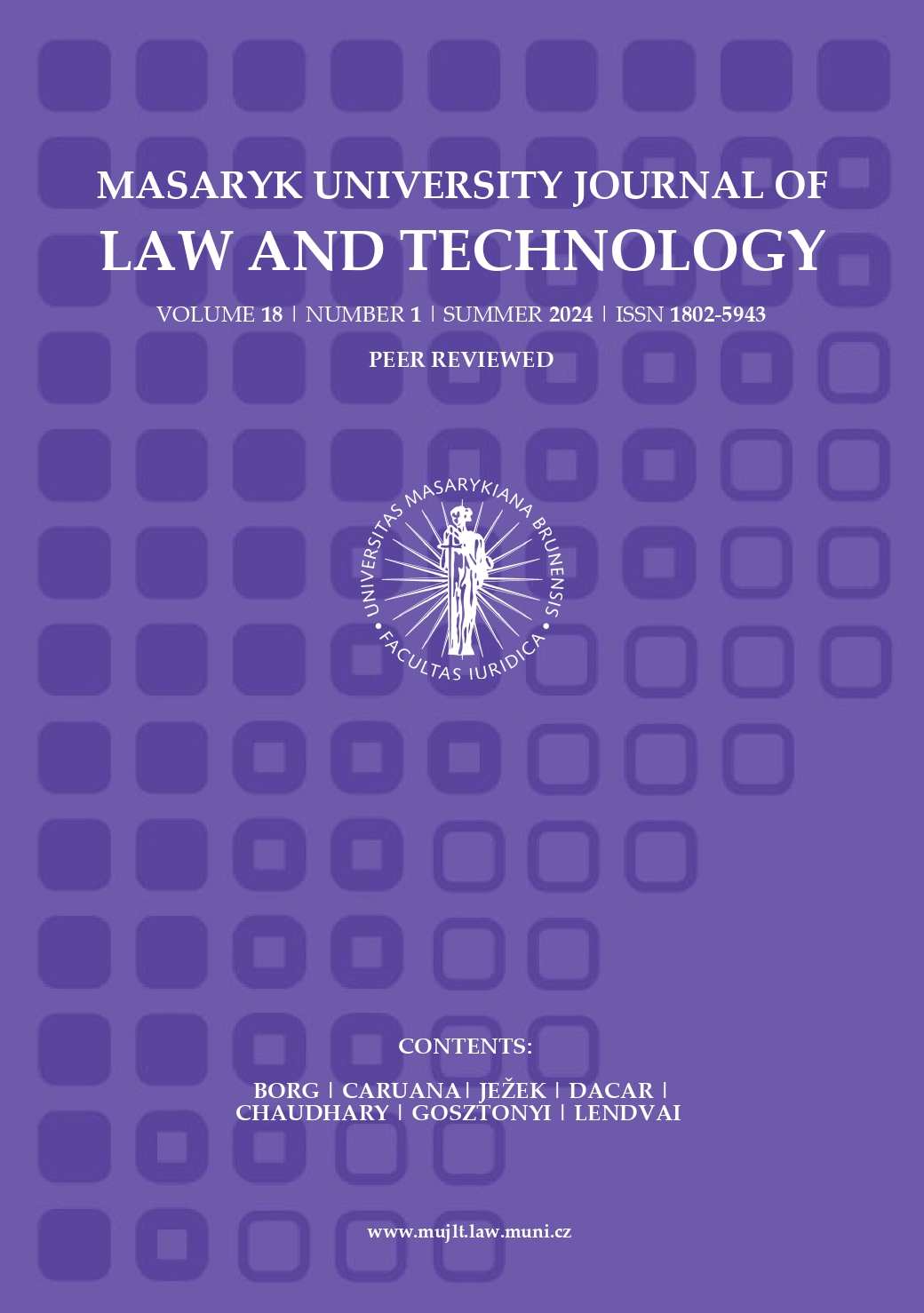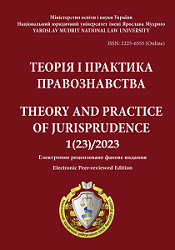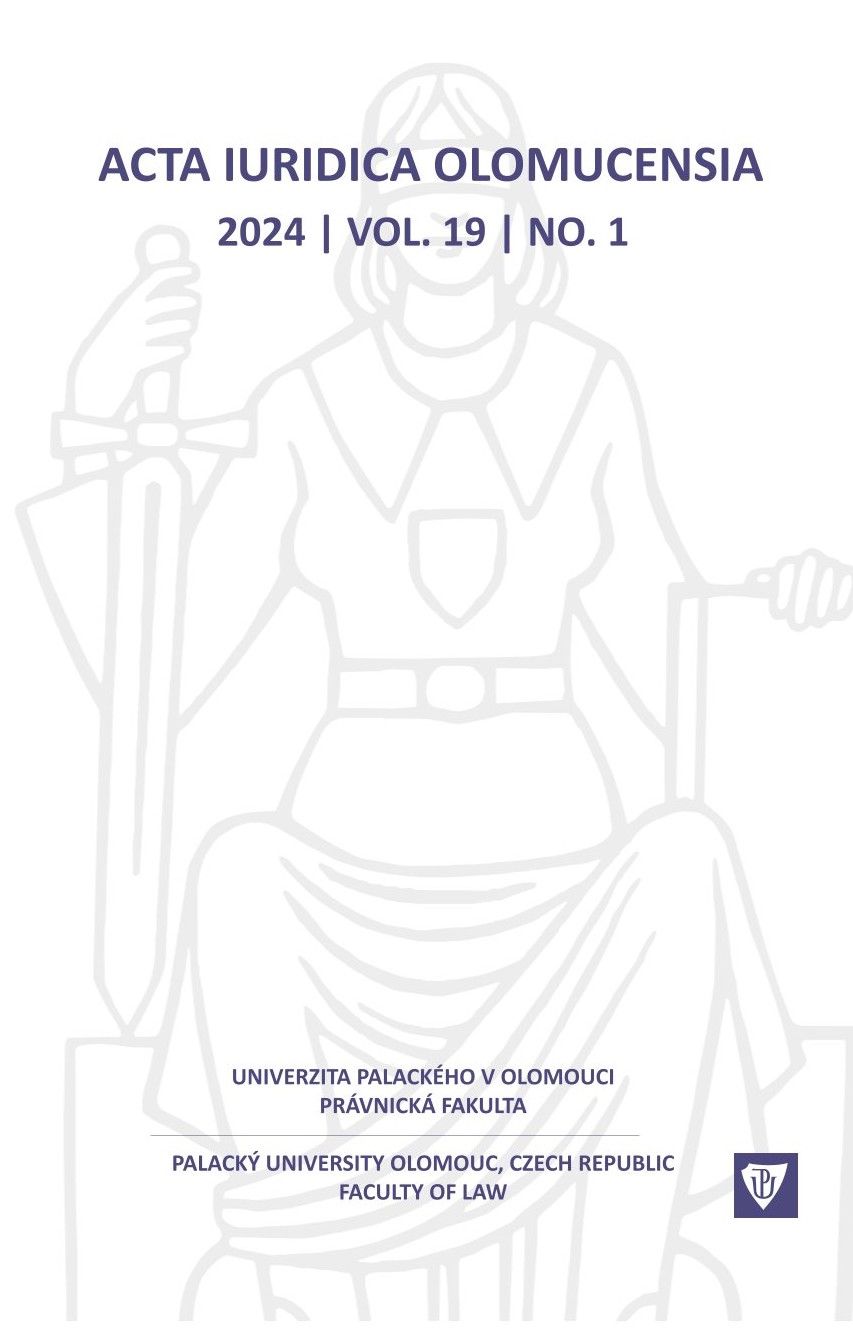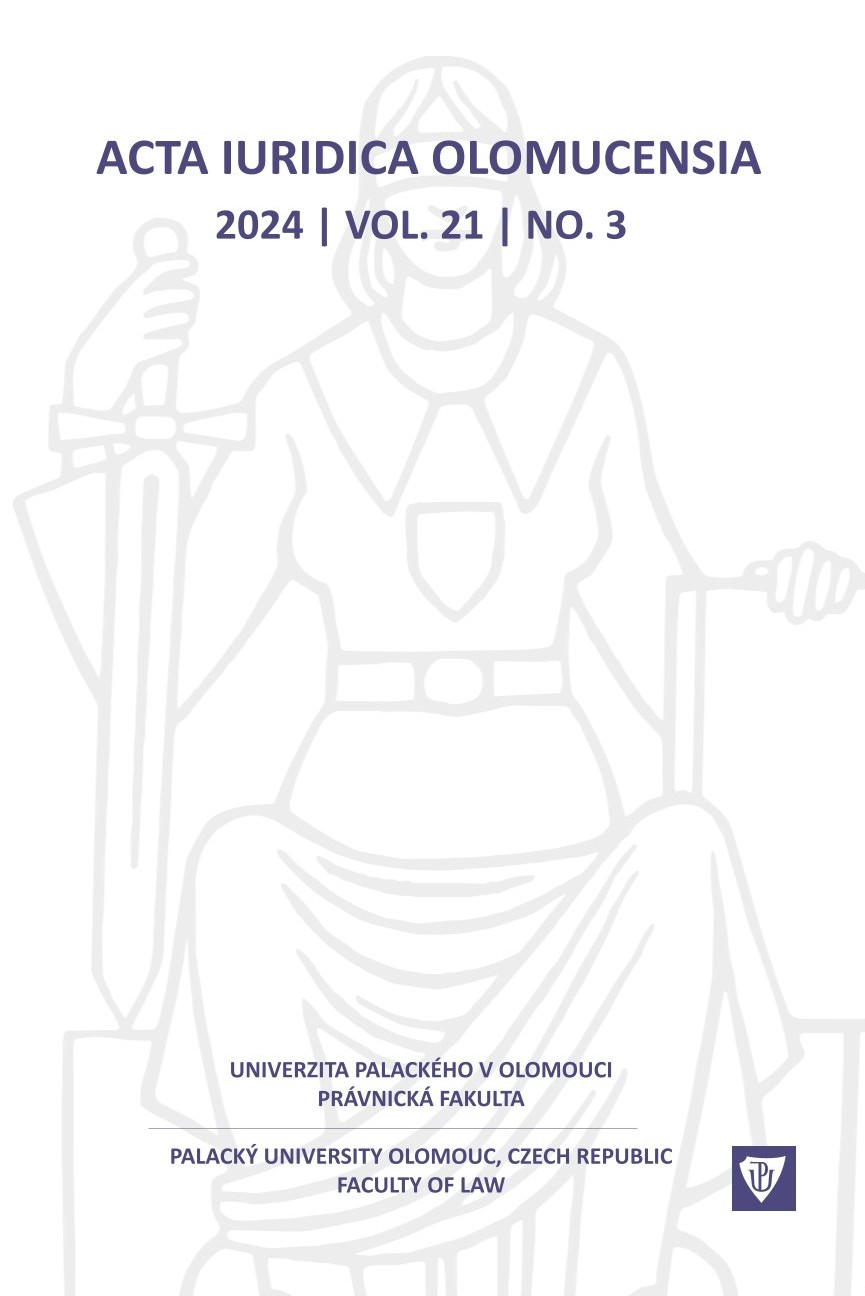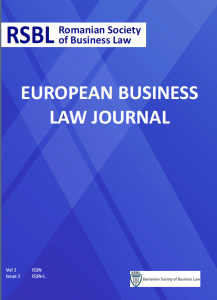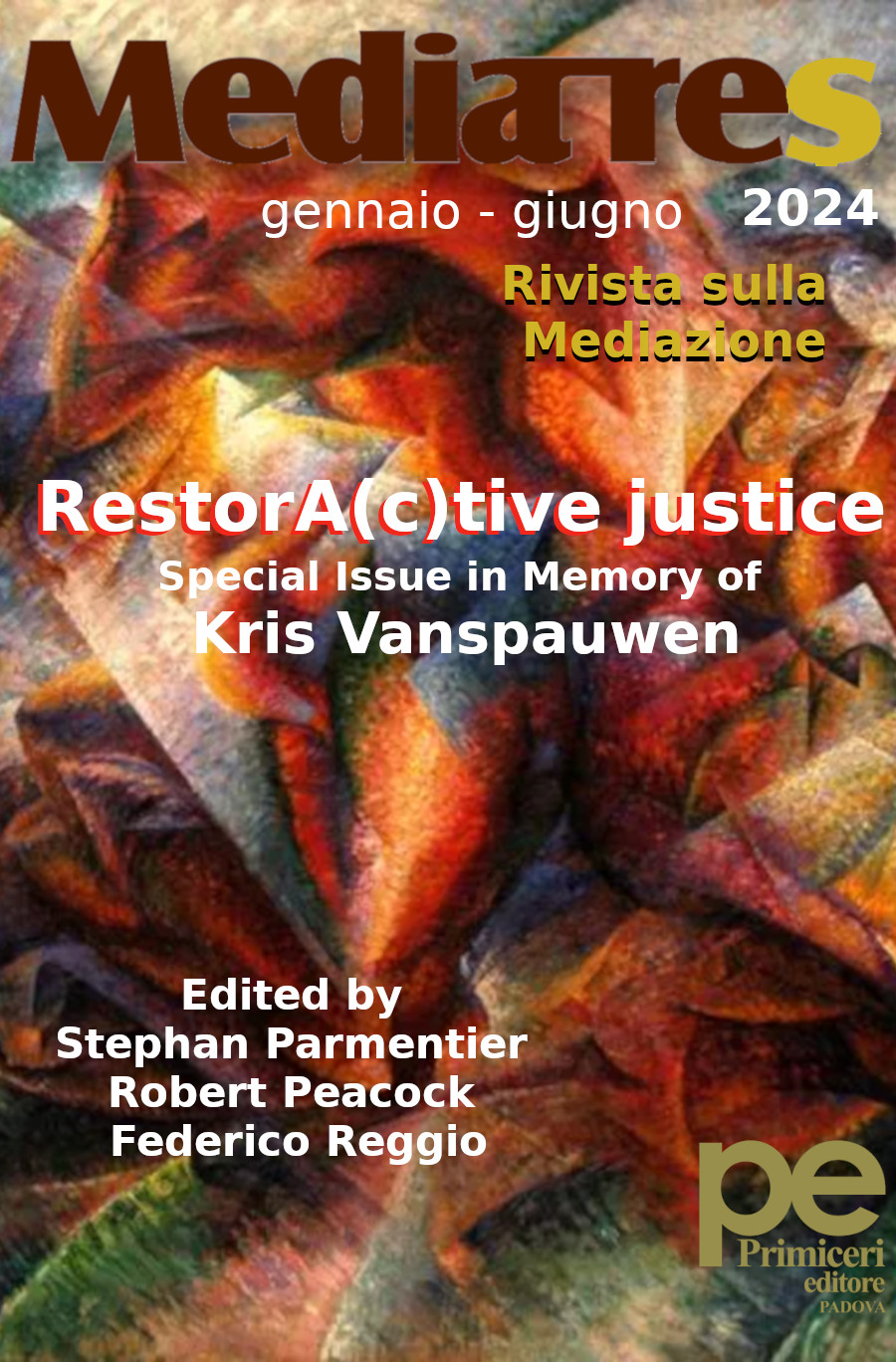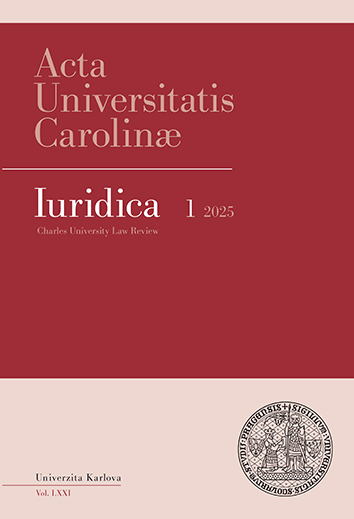Author(s): Kristina V. Piatyhora / Language(s): English
Issue: 24/2023
One of the key aspects of the development of electronic administrative justice in Ukraine is its compliance with European standards, which define important principles, methods, and recommendations aimed at ensuring the efficiency, accessibility, and quality of judicial activities in a digital environment. That is why the purpose of this article is to analyze European standards and foreign experience in the field of electronic administrative justice and the possibility of their implementation in national legislation. The conduct of this research is extremely important and relevant, as it will help to adapt the Ukrainian judicial system to international standards and norms. The methodological basis of the research is a set of general scientific and special methods of cognition, namely the methods of dialectics, comparative law, system-structural, formal-logical, etc. As a result of the analysis, it was concluded that significant attention should be paid to the protection of personal data, confidentiality, information security, as well as ensuring access to justice, impartiality, independence of judges, and justice. The article also highlights the experience of implementing information and telecommunications technologies in the system of administrative justice in such European Union member states as Estonia, Lithuania, and Austria, as well as Korea and China. It is noted that in these countries, electronic justice has become an important part of justice, and in view of this, the key aspects of their experience that can be useful for Ukraine are revealed. In addition, a comparative analysis of foreign and domestic experience in the functioning of electronic justice was carried out and the main reasons that slow down its development in Ukraine were identified. It has been proven that the involvement of advanced experience and best practices of foreign countries will significantly contribute to the successful implementation of electronic administrative justice in Ukraine. At the same time, it is important to take into account the unique context, capabilities, and needs of the national judicial system
More...


